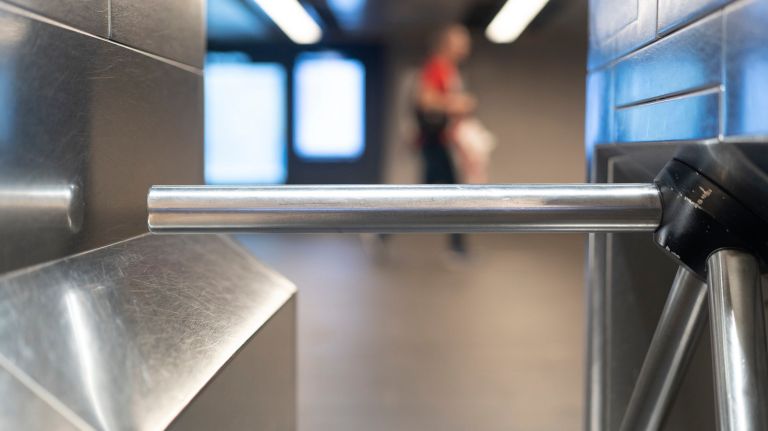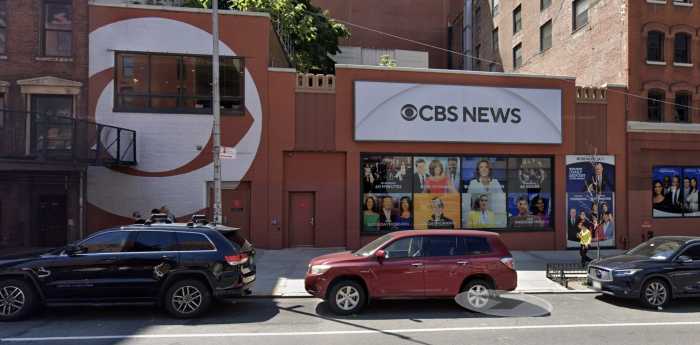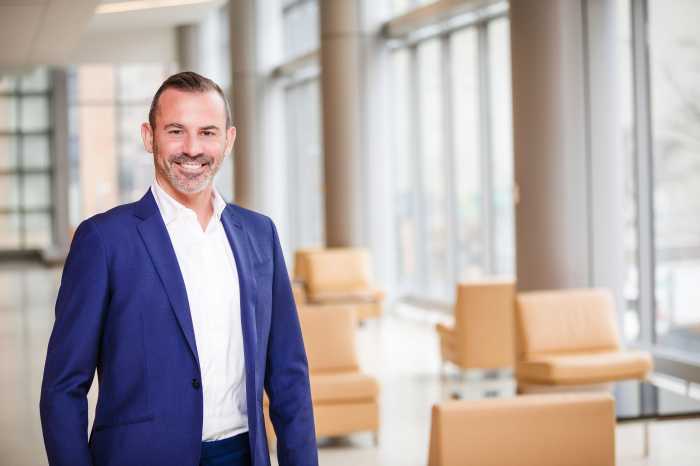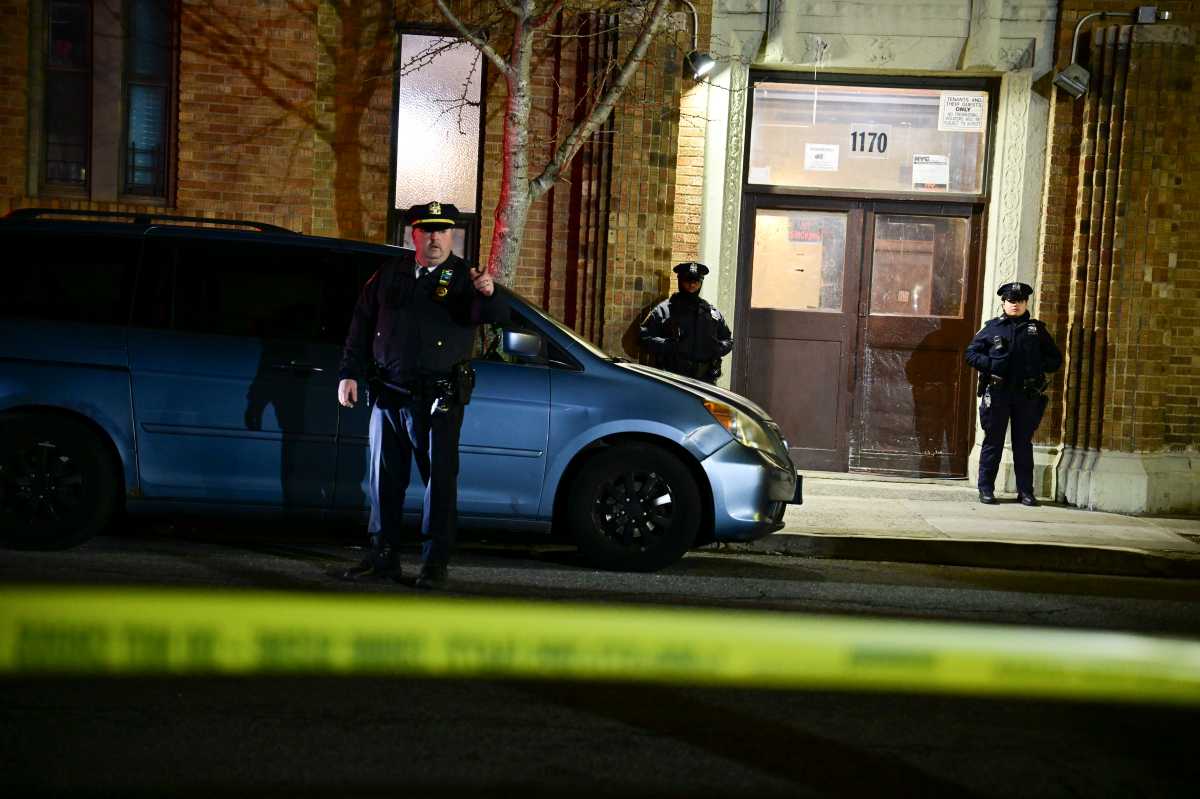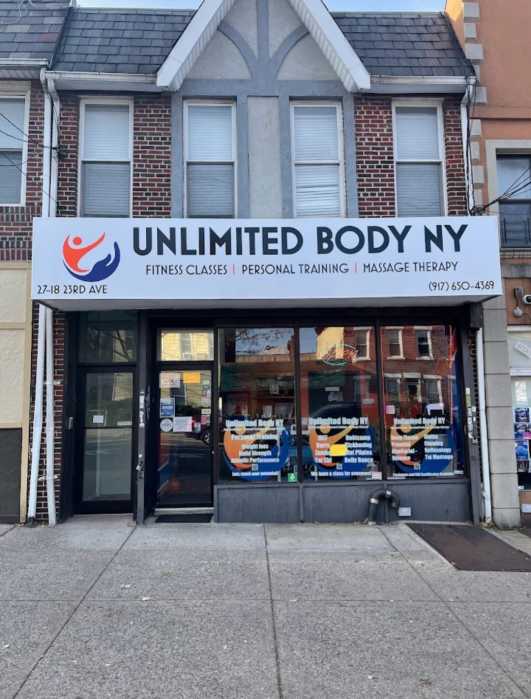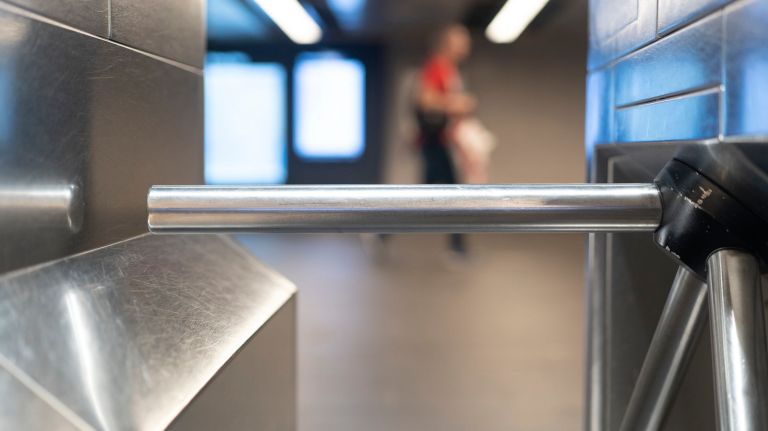
A disturbing consensus is emerging to ban people from subways and buses. The governor, mayor, and some state legislators, City Council members and MTA officials support banishment for certain riders for repeat offenses. But banning riders from public transit would threaten the promise of subways and buses as public spaces that give all New Yorkers access to opportunity.
Earlier this year, some lawmakers proposed booting gropers from the transit system. After high-profile assaults, a panic is taking hold more broadly, imagining riders jumping turnstiles, marauding through stations, and attacking riders and transit workers.
MTA leaders are piling on. MTA board members recently called for state legislation to ban people convicted of robbery, assault, and sex offenses from transit. The discussion was a sad display of powerful people demeaning riders beset by poverty, mental illness, homelessness and addiction. Banning riders from subways and buses is cruel. Public transit is public space, one of the few things we are all in together.
Transit affords New Yorkers and others access to the city. Without it, the carless majority is trapped by how far it can walk or ride a bike. With transit, we have access to neighborhoods beyond our own and opportunities they offer.
Rather than embrace a policy that would blame some riders, transit officials and elected leaders should actually address the serious challenges underground and above.
Crime in the subway should be addressed like crime elsewhere, with the accused afforded the same safeguards and the convicted opportunities for rehabilitation. Keeping ex-offenders off transit denies them opportunities to avoid reoffending.
Transit officials want to impose rigid order on the riding public. With a crowded agenda, it’s crucial that they concentrate instead on fixing transit, spending money generated by congestion pricing and other new revenue from fare increases on subway signals, cars and elevators.
Earlier this year, riders and advocates cheered the passage of a $25 billion funding plan to fix the subways. The debate raging over banishment, and the distraction from the real tasks at hand, are reminders of how far we have yet to go, both to upgrade our critical infrastructure and to meet the struggles of our neighbors with compassion.
Rebecca Bailin is political director of the Riders Alliance, an advocacy group.



